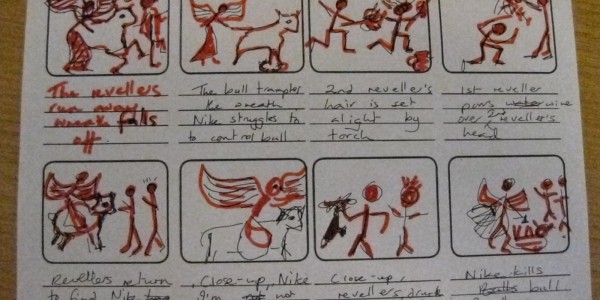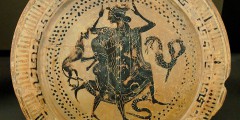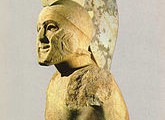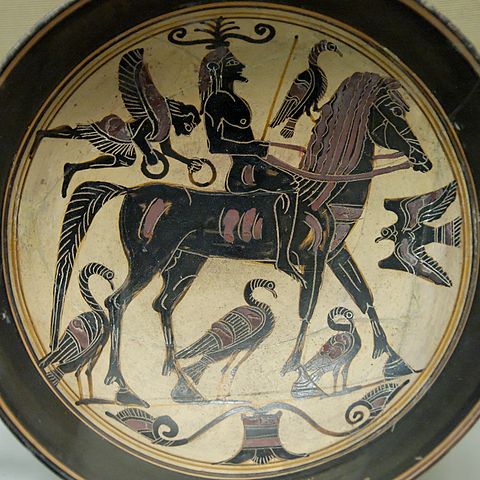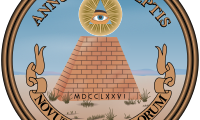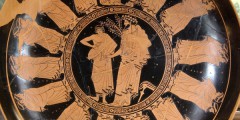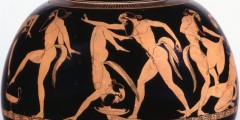The Power of (Moving) Pictures
November 23, 2014
Esther Eidinow reports on the first seminar of the Teaching and Learning Ancient Religion Network (TLAR), and the power of Panoply… Sonya Nevin is working magic. It’s a cold, wet evening, and 15 people, seated around a table in a room in Senate House, London (kindly sponsored by the ICS), are staring up at a …
Thinking about Thinking about Ancient Greek Religion (2)
August 31, 2014
In January 2014, the Ancient Religions and Cognition (ARCog) project held its second workshop: on Transmission. Esther Eidinow gives an overview of the meeting, during which participants explored the theme of religious transmission using cognitive theorizing to think about ancient evidence, and vice versa. You can find out more about the project and the workshop, …
CA report: Classics in Nottingham (2)
July 1, 2014
Nottingham Teaching Associate Philip Davies and PhD student Peter Davies (no relation) report on the second of two Sparta panels at the recent CA conference. See here for their first report. The second of the two panels on Sparta at the recent Nottingham CA conference expanded our focus beyond the citizen body of Sparta, considering …
CA report: Sparta in Nottingham (1)
June 18, 2014
Nottingham Teaching Associate Philip Davies and PhD student Peter Davies (no relation) report on the first of two Sparta panels at the recent CA conference. You can now read their second report here. Nottingham recently hosted the Annual Conference of the Classical Association, the biggest Classics and Ancient History gathering in the UK. The conference …
CA report: Legacies of Greek Political Thought in America
April 28, 2014
CA conference: Legacies of Greek Political Thought in America Nottingham PhD student John Bloxham reports on a panel at the recent CA conference in Nottingham. For a postgraduate student, of a nervous temper, being asked to convene a panel was cause for a little anxiety. But with the panel taking place at the …
Thinking about Thinking about Ancient Religion
April 12, 2014
In July 2013, the Ancient Religions and Cognition (ARCog) project held its first workshop. Esther Eidinow tells us how, over the course of two days, participants explored the theme of religious authority, using cognitive theorizing to think about ancient evidence, and vice versa. You can find out more about the project and the workshop, and …
Aeschylus at play
April 10, 2014
Oliver Thomas has just been representing Nottingham at a conference on Aeschylus’ satyr-plays at the University of California at Davis. Here he explains why satyr-plays are important for students of Greek tragedy. Already in Aristophanes’ Frogs (405 BCE), Aeschylus’ plays are caricatured as a dramatically unsophisticated torrent of weighty verbiage. Yet every tragedy Aeschylus wrote …

